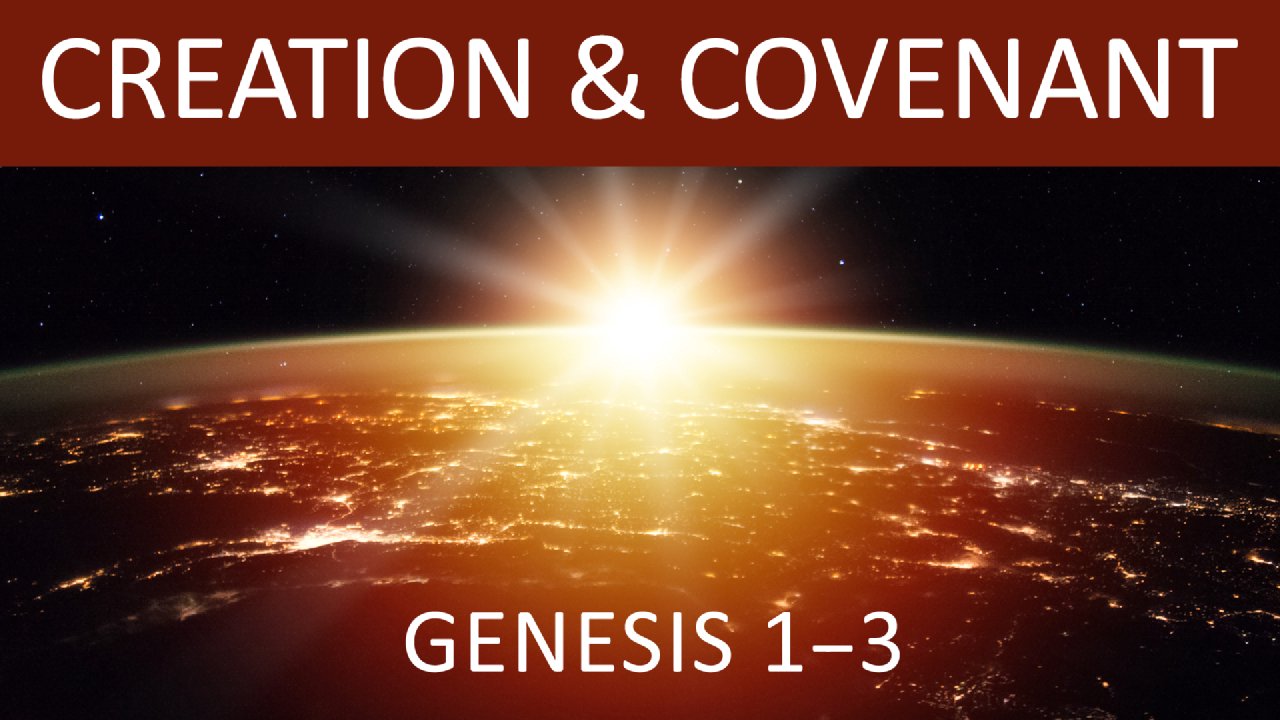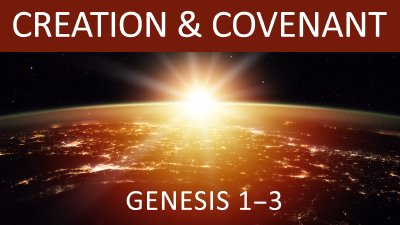Sermon Introduction
Dinosaurs. Dragons. Demons. And the Day of Judgment. On the fifth day of creation, all of these biblical—yes, biblical—realities come into view.
As we will see on Sunday, God made a world filled with creatures in the sea, in the air, and on the land. This he established so that his world would be filled with life and lessons for creatures made in his image (humans). Yet, in the creation week, we have not arrived at the formation of mankind. That will come in Day 6. For now, on Day 5, we need to know something of the world God was preparing for his people. And this world includes giant sea creatures (Leviathan) and dinosaurs (Behemoth).
In our day, a child’s interest in Dinosaurs is often the gateway to believing that the world is millions or billions of years old. And some will say that the world as we see it points towards such large numbers, or even that God has “deceived” mankind with the apparent age built into the universe. Yet, all such charges of deception evaporate when we remember that God wrote a book that tells of his creation. God has not deceived us by things that he has made. Rather, seeking to be wise ourselves, we are enslaved to the deceiver until God rescues us. At the same time, God does not owe sinful humanity an explanation of the creation that we have bowed to worship (Romans 1:18–32). Yet, God has made a way of light, for those who are willing to turn away from their own lights.
God's mercies to sinful humanity begin with the way he gave us Genesis 1, with its revelation of creation. And this Sunday, we will look at Genesis 1:20–23 which brings us up close and personal to all that Scripture says about the great beasts we call dinosaurs. Equally, as we trace the storyline of Scripture, we will discover how God is going to defeat the beasts of the earth, especially that most crafty, twisting serpent, the devil.
To prepare for Sunday, take time to read Genesis 1 with Job 40–41, as well as Isaiah 27. We will spend time in each chapter this Sunday, as we consider the ways in which God made the world good, and how he is now making a fallen world good again. As we have seen throughout Genesis 1, God’s first creation points to his new creation in Christ.
Let’s pray that our Lord would give us insight into his Word and his world, as we gather on Sunday. I will look forward to seeing you, as the Lord allows.
For His Glory and your joy in Christ,
Pastor David
---------------------------------------------------------------------------------------------------------------
Discussion & Response Questions: Genesis 1:20 – 23
What does the creation of life in all parts of the earth reveal about God?
What does the nature of plants and animals teach us about God? His Word, the Bible? Mankind?
How do you look at animals? Through the lens of science (dissecting) or Scripture (didactic)?
What does the command “be fruitful and multiply” tell us about the world God has made? How does that compare to our current ’talking heads’?
Where are three places that God ‘created' (Heb. Bara) found in Genesis 1? And what does this word tell us?
How does the rest of Scripture inform our understanding of the great sea creatures (tannin)?
How do Psalm 104:24–26 and Isaiah 27:1 help us read Genesis 1:20–23?
How does Job 41 speak of the Leviathan? What do we learn about God’s creation here?
What promise does Isaiah 27 make for us? How does it connect creation to new creation?
What does the fifth day of creation reveal to us about God’s new creation in Christ?




